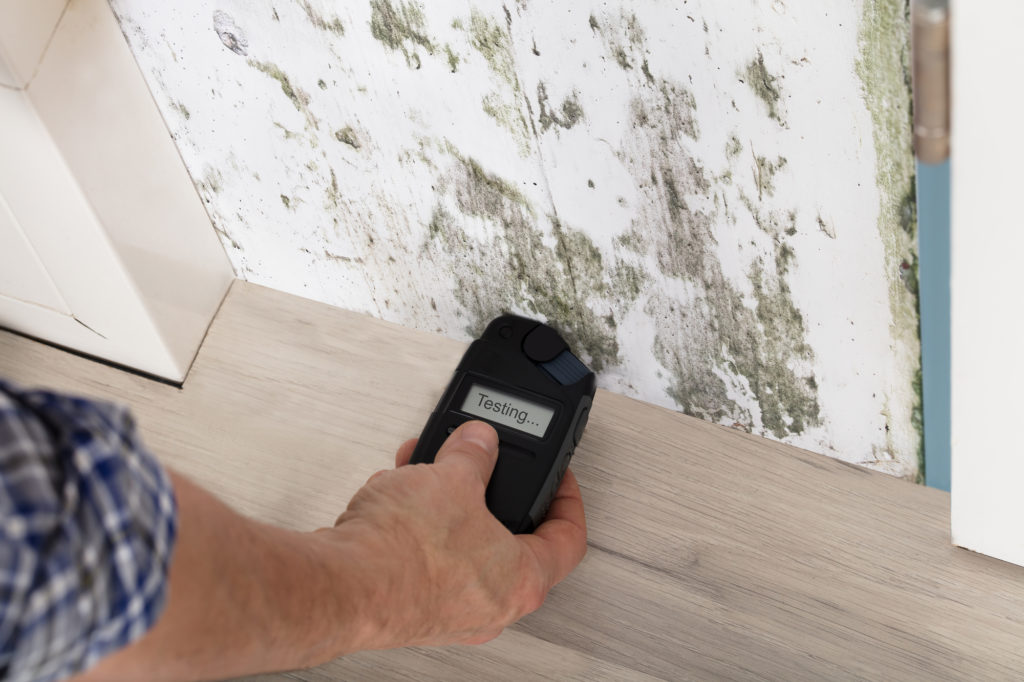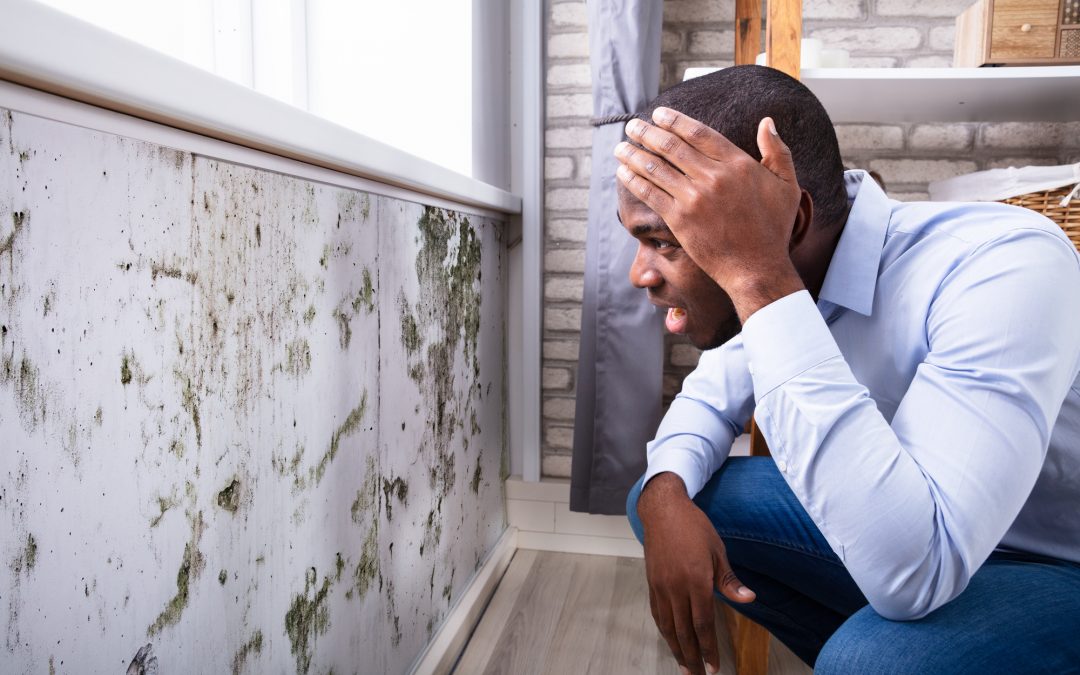Effective Post Mold And Mildew Removal Solutions for Your Home
Mold and mildew growth in homes can be a persistent problem, typically requiring an organized technique for effective post-remediation options. From comprehending the factors that add to mold and mildew advancement to implementing correct cleansing techniques and wetness control measures, the process can be detailed yet critical for keeping a healthy living atmosphere. After mold remediation.
Understanding Mold And Mildew Development Elements
The primary element adding to mold and mildew development is dampness. Mold and mildew spores call for moisture to thrive and germinate, making damp or humid environments extremely vulnerable to mold invasions.

Furthermore, airflow and light direct exposure can impact mold and mildew growth. Locations that lack appropriate air flow and natural light are extra susceptible to mold and mildew development. By addressing these variables thoroughly, people can successfully mitigate mold development and safeguard their living settings.
Proper Mold And Mildew Cleansing Techniques
Making use of effective cleaning methods is necessary in preventing the reappearance and attending to of mold and mildew contamination in indoor atmospheres. When taking care of mold and mildew, it is important to prioritize security by putting on protective gear such as handwear covers, goggles, and masks. The initial step in appropriate mold and mildew cleansing is to contain the afflicted location to protect against the spread of spores to unpolluted locations. This can be attained by sealing the area and making use of air scrubbers or adverse air equipments to maintain air quality.

Applying Wetness Control Procedures
To effectively protect against mold growth and contamination in interior atmospheres, applying moisture control procedures is extremely important. Moisture is the key element that fuels mold and mildew development, making it vital to handle humidity levels within the home. One reliable action is to utilize dehumidifiers to keep indoor humidity levels below 60%. In addition, ensuring correct ventilation in areas susceptible to moisture build-up, such as kitchens and bathrooms, can help reduce the risk of mold and mildew development. Consistently evaluating and This Site fixing any kind of leakages in plumbing, roofing systems, or home windows is additionally essential in preventing excess moisture buildup. Making use of exhaust fans while cooking or showering, and allowing air circulation by maintaining furnishings somewhat away from wall surfaces can assist in moisture control. Utilizing moisture-resistant products in high-humidity locations, such as mold-resistant drywall and paints, can be advantageous. By diligently implementing these dampness control actions, home owners can successfully decrease the chance of mold and mildew recontamination and preserve a healthy and balanced interior environment.
Making Use Of Natural Remediation Solutions
After efficiently implementing moisture control measures to stop mold and mildew growth in interior environments, home owners can now check out the effectiveness of all-natural remediation options in maintaining a healthy home. Natural remediation options make use of eco-friendly techniques to battle mold and mildew and mildew, making them a prominent selection for those looking for safe alternatives. One such service is utilizing vinegar, a natural antimicrobial representative, to tidy and disinfect surface areas infected by mold and mildew. Merely dilute vinegar with water and spray it onto the affected locations, allowing it to sit for a few hours before wiping tidy. Additionally, tea tree oil, known for its antifungal buildings, can be blended with water and sprayed onto mold-infested surfaces to inhibit further growth. Another natural option is hydrogen peroxide, which can efficiently kill mold on various surfaces without leaving harmful deposits behind. By including these all-natural removal options right into their cleaning routines, homeowners can successfully combat mold and mildew development while advertising a much healthier indoor environment on their own and their families.

Preserving a Mold-Free Atmosphere
In order to protect against mold reappearance and guarantee a continually mold-free environment, it is crucial for homeowners to apply proactive maintenance methods. Regularly examining locations vulnerable to mold growth, such as washrooms, basements, kitchen areas, and attics, is special info critical. Addressing any leaks, water damage, or excess wetness promptly can considerably decrease the danger of mold advancement. Post Remediation Inspection near me. Proper ventilation in areas with high humidity degrees is additionally crucial to stop mold and mildew development. Making use of dehumidifiers or exhaust followers can aid preserve ideal moisture levels and discourage mold and mildew spores from growing.
In addition, maintaining sanitation in the home is essential for mold prevention. Keeping indoor plants in check and making sure correct drainage in outdoor landscaping can reduce wetness build-up, minimizing the probability of mold and mildew problems.
Conclusion
Finally, it is vital to attend to mold and mildew development elements, make use of appropriate cleansing techniques, apply wetness control actions, utilize all-natural remediation options, and maintain a mold-free atmosphere in order to properly deal with blog post mold and mildew removal in your home - After mold remediation. By complying with these strategies, you can avoid mold from recurring and guarantee a healthy and balanced living environment for Check This Out you and your household
The main variable contributing to mold development is moisture. Mold spores need dampness to germinate and flourish, making moist or wet environments highly vulnerable to mold and mildew problems.To efficiently avoid mold and mildew development and contamination in indoor atmospheres, applying dampness control measures is paramount. Furthermore, making sure proper ventilation in areas vulnerable to moisture build-up, such as kitchen areas and restrooms, can assist minimize the threat of mold and mildew development.After effectively carrying out wetness control procedures to stop mold growth in indoor environments, property owners can now explore the effectiveness of all-natural removal services in maintaining a healthy living room.
Comments on “Making Certain Post Remediation Verification Precision”